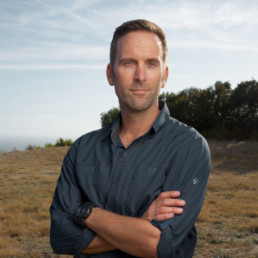
UCLA Center for World Health- August 2015
Take a minute to put yourself in another person’s shoes – imagine you are a pregnant woman living in a remote village in Uganda, a small, landlocked country in eastern Africa. The nearest medical facility with even the most basic health services is nearly 20 miles away, and the only way to get there is by walking. With no access to health care facilities, you have made the decision to give birth in your home with the assistance of a midwife, as do most women in the village. Even though you have already had two successful deliveries, this childbirth develops slowly and painfully, and medical assistance is impossible at this point. After nearly 32 hours in labor, your baby is finally born, alas he was not able to survive the prolonged birth. Weeks after childbirth, you continue to experience severe, debilitating pain. The midwife examines you and concludes that you have developed an obstetric fistula, an abnormal hole in the birth canal and one of the most serious injuries from childbirth. You are devastated and overcome with grief – you have lost a son, your medical condition leaves you chronically incontinent and in pain, and you have lost all hope for receiving the surgery you need to repair your fistula. You don’t have the financial means to cover the cost of the fistula repair surgery, and there are no public resources available to help you obtain the treatment you need. You feel lost, hopeless, desperate, disheartened, and trapped.


